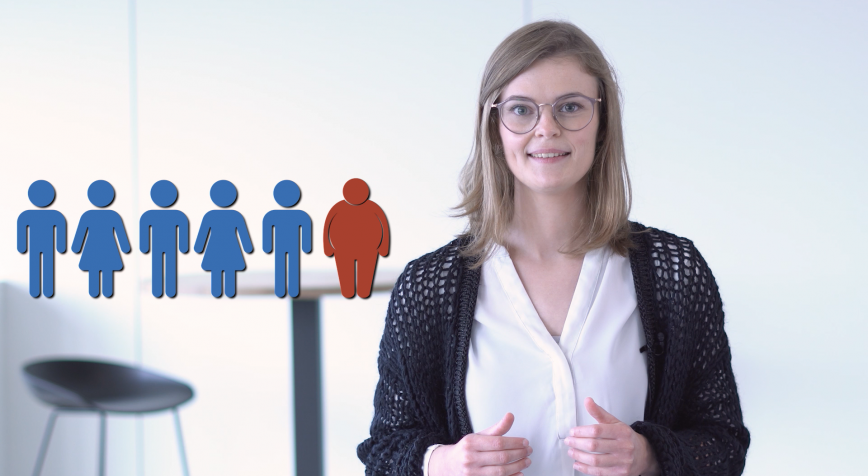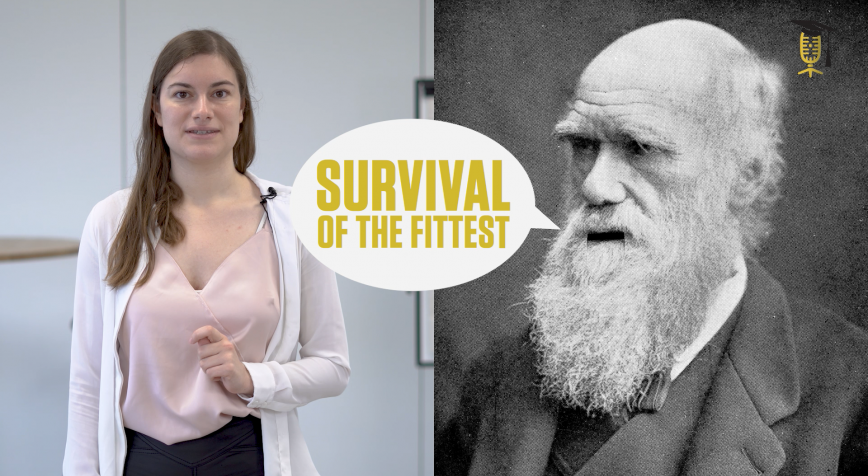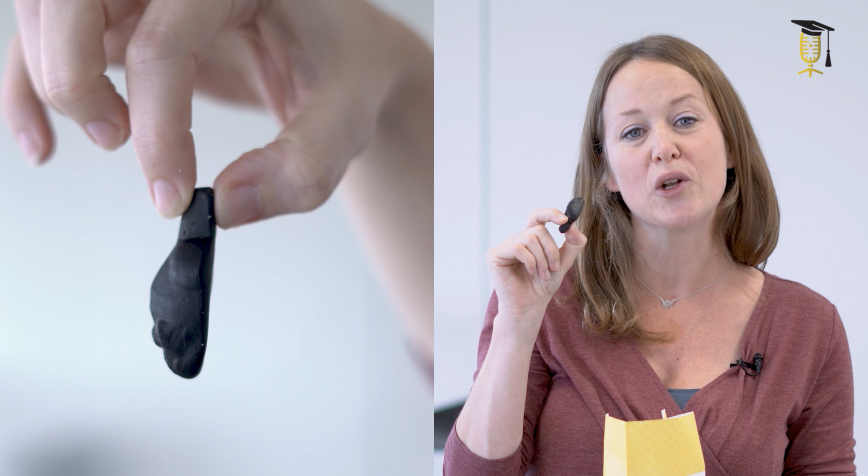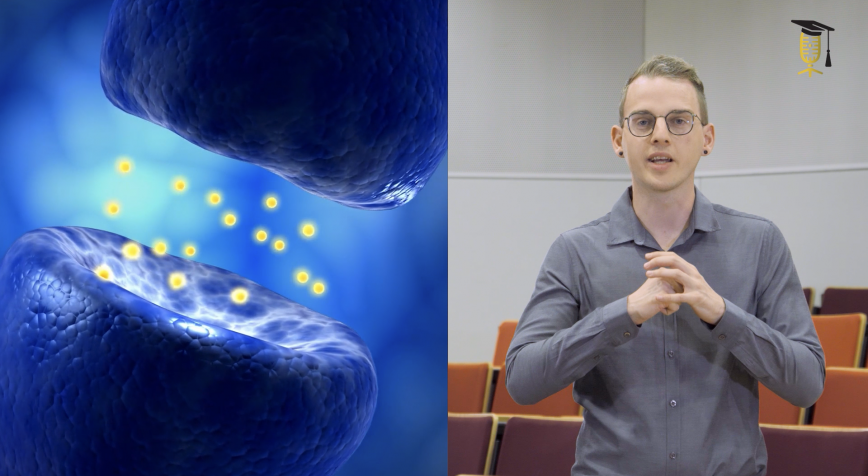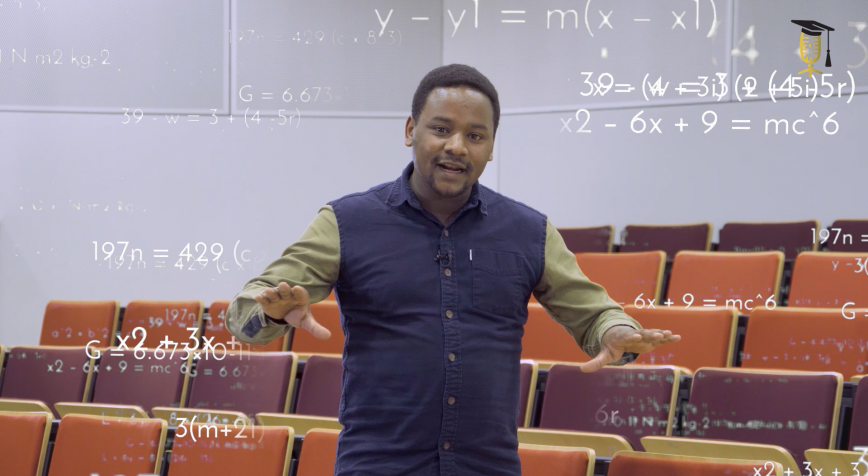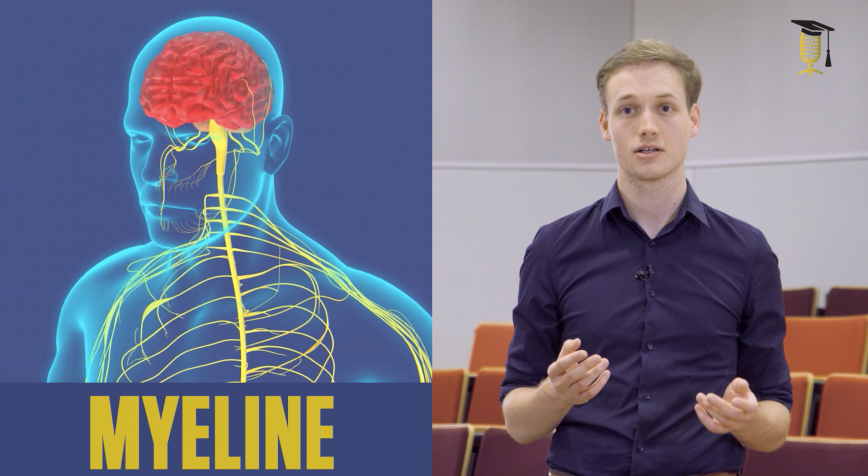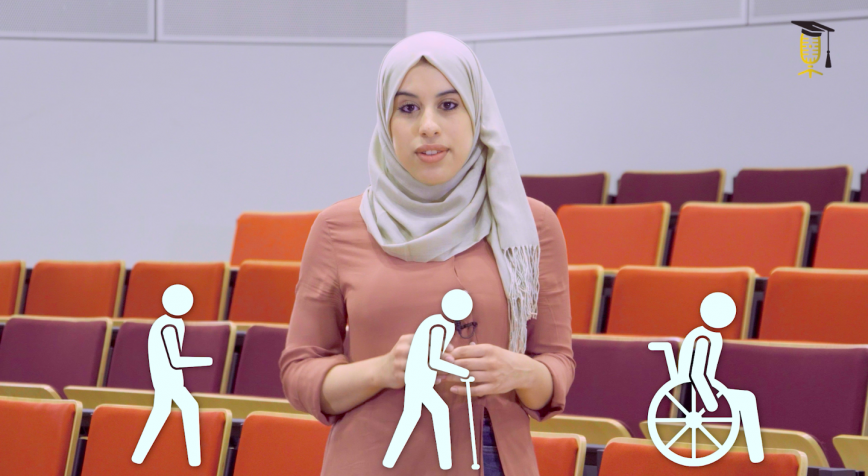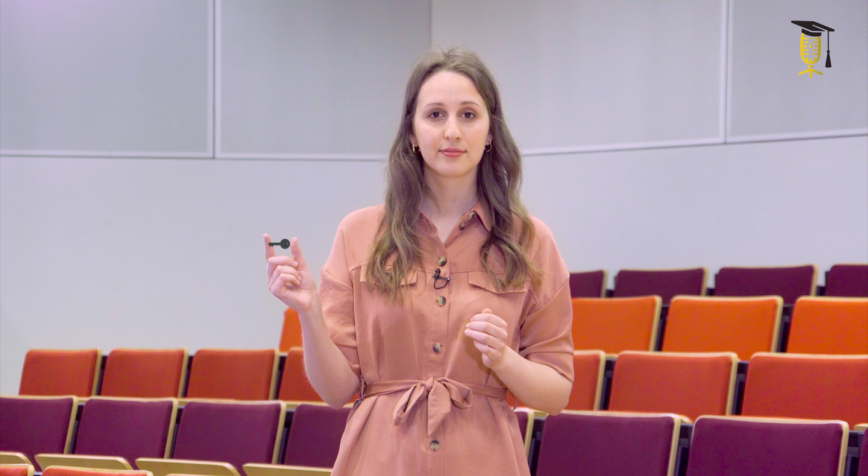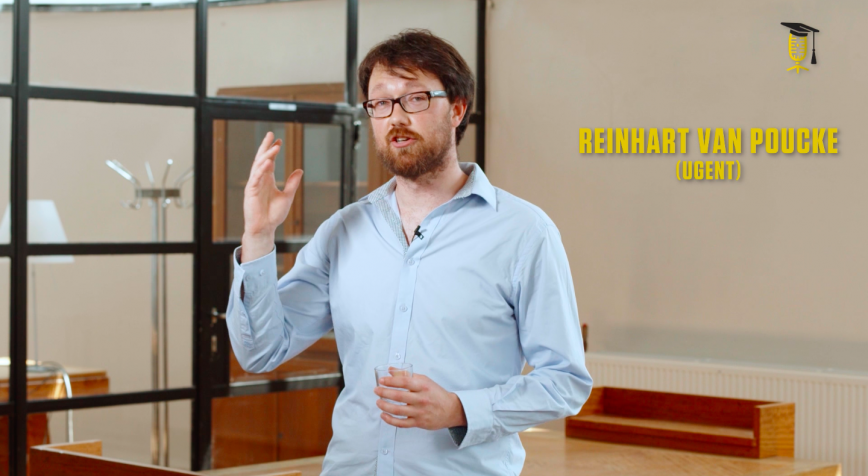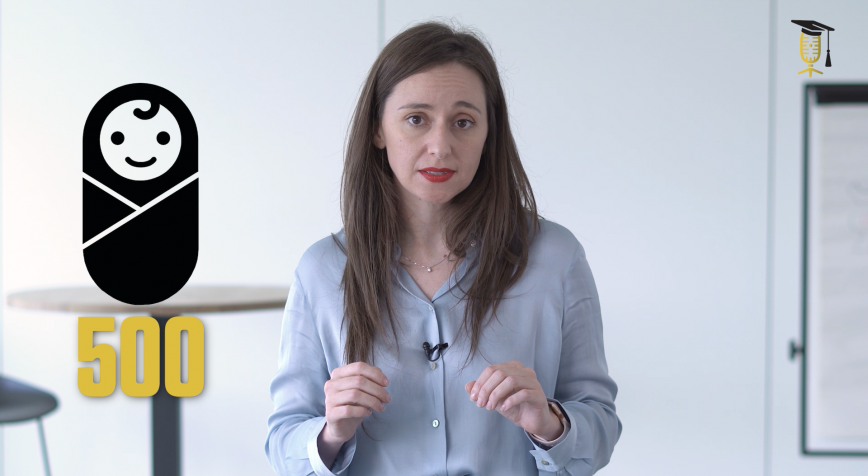
UHasselt
How your birthweight affects your further life
Did you know that being born with low birthweight (< 2.5 kg), increases the risk of a heart attack when you're 50 or older? Rossella Alfano (Uhasselt) examined 500 neonates and found out that babies with low birth weight have less HDL cholesterol, commonly known as 'good cholesterol'.
